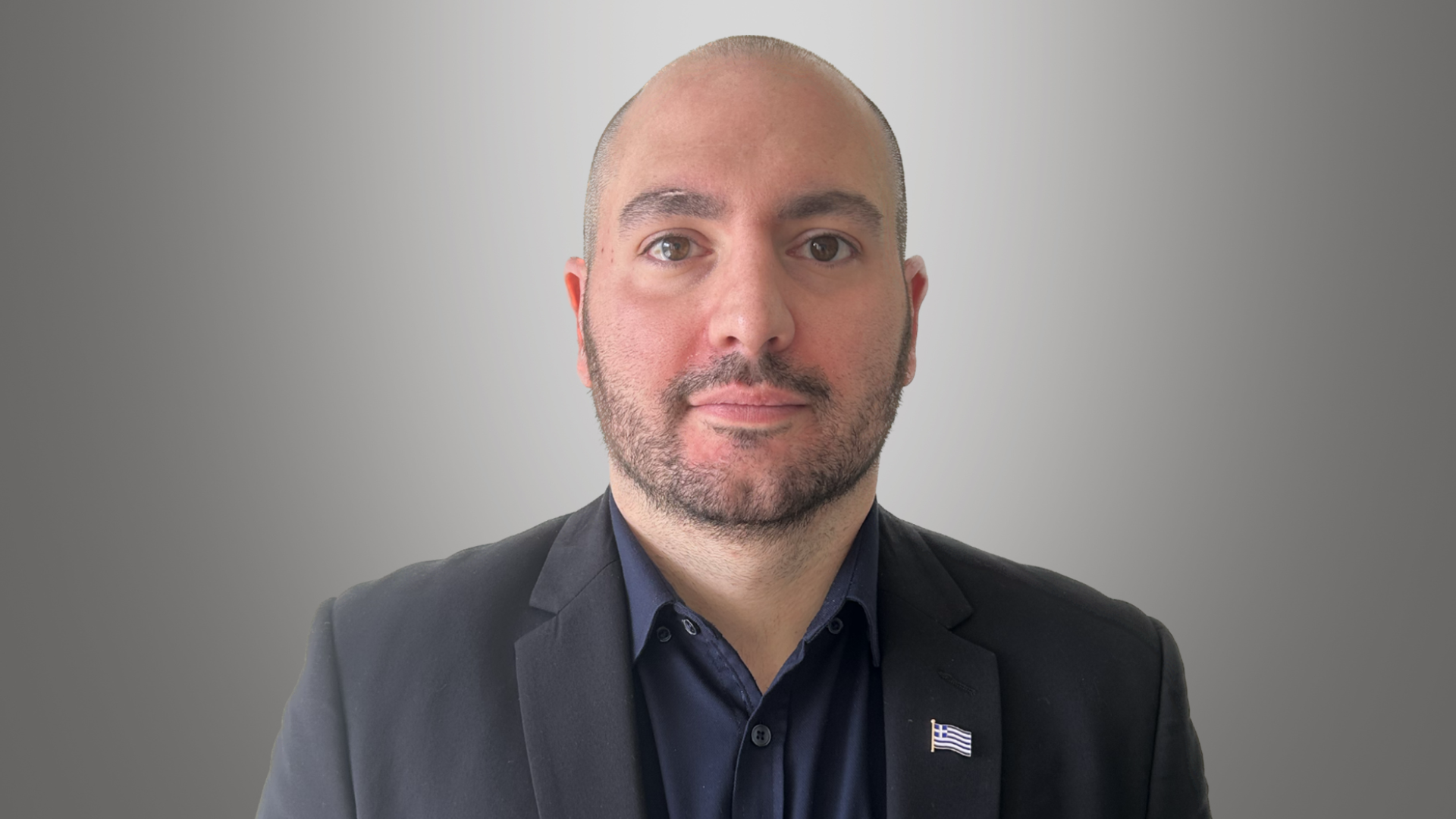Greek foreign policy is best understood from a geopolitical position, and more specifically, from Spiros Katsoulas’ recent theory of the Rimland Bridge, an important geographical area that includes Greece, Cyprus and Turkey. However, it is the state that controls the Aegean Sea within the Rimland Bridge that has three advantages, that is, the ability to form strategic, stage amphibious assaults abroad, and influence the vast number of vessels that pass through.
It is here that the importance of Greece becomes apparent as it controls the majority of the Aegean Sea, and the Aegean islands form a natural chain that both reinforce Greek defensive capabilities and enhance Greek power projection against much larger adversaries.
The Aegean also links to Corfu in the Ionian Sea to halt threats coming from the Western Mediterranean or Adriatic Sea and also links to Cyprus in the Eastern Mediterranean that acts as a Greek anchor capable of flanking and distracting would-be aggressors. It is therefore an understatement to say that Greece must, at all costs, retain its control of the Aegean Sea, and it is this thinking that that has influenced Greek strategy since antiquity, or in this case, 1821 to 1974.
BIO
Evangelos Demos is currently a PhD candidate at the University of Sydney under the supervision of Professor Vrasidas Karalis. His thesis is titled The Geopolitics of Greek Foreign Policy: From the Great Idea to Great Ideas? and delves into the labyrinth that is Greek geopolitics, Greek foreign policy and Greek Grand Strategy.
In recognition of the research’s significance at the doctorate level, Evangelos has been awarded two scholarships, one for exemplary potential and the other for advocating Greek studies.
To further his research, Evangelos is currently writing a book titled Greek Grand Strategy that is due for publication in 2026. Upon completing his PhD, Evangelos aims to launch and lead the newly founded Demos Institute in September 2025 with a mission to lobby the Greek state in geopolitical matters of importance to the Greek nation such.
Event Details:
- When: Thursday 15 May 2025, 7pm
- Speaker: Evangelos Demos
- Seminar: The Geopolitics of Greek Foreign Policy: From the Great Idea to Great Ideas?
- Where: TheGreek Centre (Mezzanine, 168 Lonsdale St, Melbourne)
- Language: English
